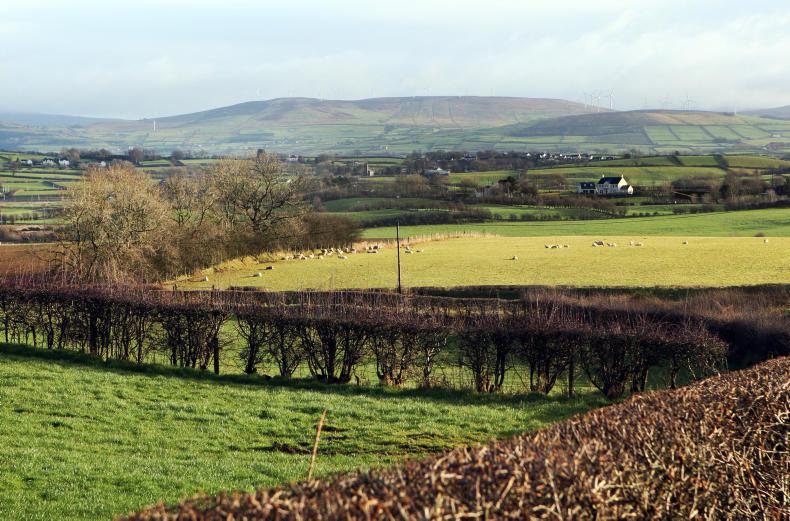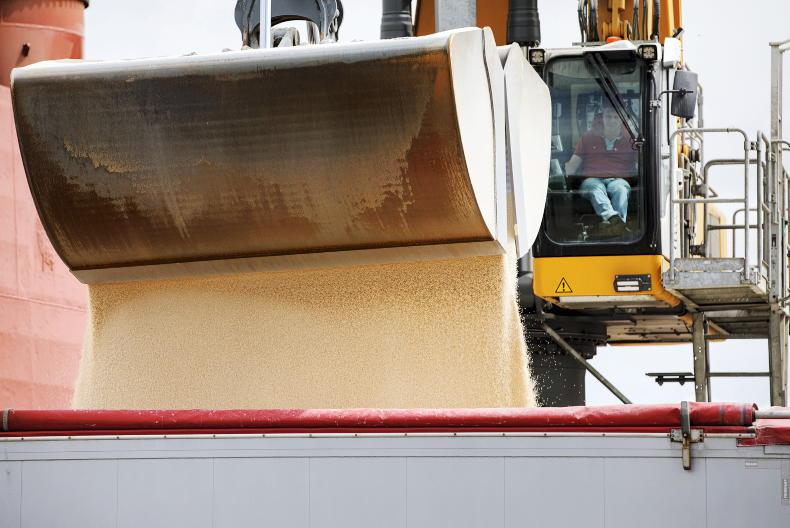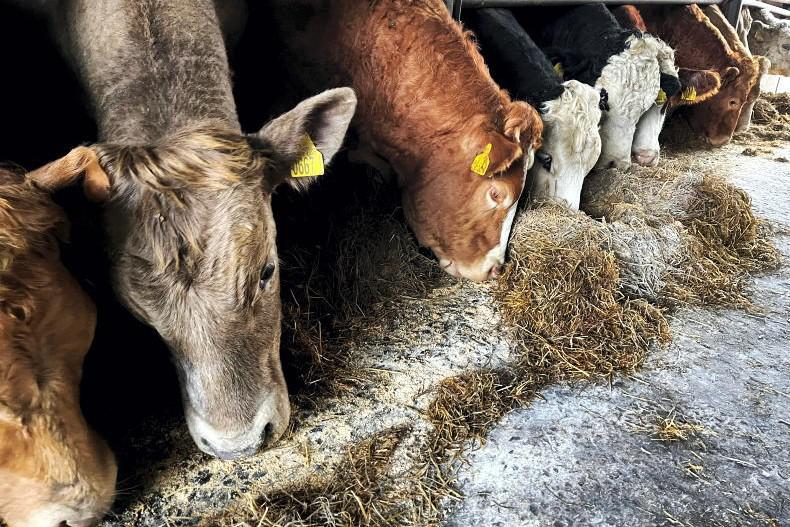Numerous reports have been published in recent days which put forward options to the UK government to minimise the impact that inheritance tax changes will have on family farms.
In the aftermath of the Autumn Budget, tax lawyer Dan Neidle was vocal in arguing that farmers were overstating how many farms will be impacted by changes to Agricultural Property Relief (APR).
However, analysis of new figures by Neidle suggests that the new £1m cap on APR and Business Property Relief (BPR) combined “hits farmers too hard and tax avoiders too lightly”.
Neidle now argues that the tax-free threshold for APR and BPR claims should rise dramatically, with a figure of £20m suggested. To catch tax avoiders, he wants “a clawback” mechanism to apply so that inheritance tax will kick-in if someone sells land which they inherited tax-free due to APR.
“This would have no impact on a family farm succession planning, if the farmer’s heirs continue to own the farm,” he said.
Other suggestions which have been put forward by Neidle have also been floated by the Institute for Fiscal Studies (IFS) in recent days.
The prominent thinktank has suggested that the UK government could relax rules to allow older farmers to sign land over to their heirs during their lifetime without the risk of inheritance tax applying if they die within seven years.
Spouse transfers
The IFS has also said there “is a good case” for making unused proportions of the new £1m limit for APR transferable to a spouse or civil partner.
This would bring the new APR allowance in line with most other inheritance tax reliefs and would make succession planning a lot less complicated for many farming families.
For example, it would remove the need for some farmers to sign land or other agricultural assets over to their spouse to help maximise individual tax-free allowances under new APR rules.
Inflation
Meanwhile, analysis of the planned APR changes by the Central Association of Agricultural Valuers (CAAV) has highlighted how the £1m limit will be subject to “fiscal drag” if it does not move in line with inflation.
In a new report, Jeremy Moody from CAAV points out that other inheritance tax reliefs, such as the £325,000 nil rate band, have not changed in 15 years.
His analysis suggests that the new £1m APR limit in 15 years’ time could have the same value as £640,000 now if inflation moves at a similar pace as it has since 2009.
Muir has ‘serious concerns’ about Treasury figures
NI Agriculture Minister Andrew Muir has said he has “serious concerns” about the figures the UK government used to defend its new inheritance tax policy.
In a letter to his counterpart in England, Daniel Zeichner, Minister Muir questioned the accuracy of the most recent statistics for APR claims which cover 2021-2022.
He points out that, as there was no limit on APR claims then, declaring accurate figures for farmland values did not matter when calculating inheritance tax liabilities.
“This would give rise to the possibility that in the past, either agricultural land was given a low value or was not included in estates at all or a combination of both, in the knowledge that it made no difference to inheritance tax calculations,” Minister Muir said.
The UK government has used APR claims for 2021-2022 to argue that only 500 estates in the UK will be affected each year by new inheritance tax rules.
However, Muir has suggested that agricultural estates will have to be given much higher valuations once the new £1m APR limit comes into effect.
“It will be a very different situation post 6 April 2026 and hence it does not appear to be valid to use the Treasury figures on APR claims in the past to assess the potential impact,” he said.
Analysis finds more farms impacted by new tax
Two separate research papers published in recent days have both found that more farms will be impacted by changes to inheritance tax than the UK government suggests.
Central Association of Agricultural Valuers (CAAV) analysis suggests up to 75,000 farm businesses “are likely to be affected” by the new changes.
“Over a 30-year generation, that would equate to some 2,500 a year rather than the government’s estimate of 500,” said Jeremy Moody from the CAAV.
Moody said the UK government’s estimate is based on historic APR claims only, so it does not consider the interaction with other inheritance tax reliefs.
He points out many agricultural estates previously claimed Business Property Relief (BPR) on the likes of livestock and machinery.
However, the planned changes to inheritance rules mean a new £1m limit applies to claims under APR and BPR combined.
Also, many farmers availed of spouse relief by transferring the likes of their £325,000 nil-rate band relief to their spouse. However, the new £1m APR/BPR limit will not be transferable under the current proposals.
Above threshold
Similarly, a new impact assessment by the National Farmers’ Union has found that “75% of commercial family farms” fall above the £1m threshold.
The research also highlights that paying inheritance tax bills over a 10-year period would reduce profits on large farms by half and “wipe out” profits for medium sized farms.
Bigger tax burden on NI farms, says UFU
NI farms are more likely to be impacted by the inheritance tax changes than the rest of the UK, according to the Ulster Farmers’ Union (UFU).
The UFU points out that land prices are higher in NI and more farms are under sole ownership, so there is less opportunity to use inheritance tax reliefs from other individuals such as spouses.
“The UK Government has asked for more evidence to prove this, and we need this analysis done now as time is running out. DAERA are best placed to do this, but we have offered to assist if necessary,” said UFU president William Irvine.
NIAPA
Meanwhile, the NI Agricultural Producers’ Association (NIAPA) has said the planned changes to inheritance tax has resulted in “significant stress and anxiety” among its members.
“This situation primarily stems from a lack of understanding within individual farm businesses and the various interpretations of the changes, which have further compounded the confusion,” NIAPA said in a statement.












SHARING OPTIONS